What to eat during labour…
So it’s not long until the day when you get to welcome your little one into the world. You’ve been stocking up on nappies and you have your hospital bag ready to go… but have you considered what you’ll need to eat and drink during labour? With the average first time labour lasting eight hours, and maybe even up to 18 hours, labour is more of an endurance event than a sprint for many women, so you’ll want to pack some snacks just in case. In today’s blog, I share my top snacks to pack, and why.
Obviously, the duration of your labour is different for everyone, but if you’re going to have a longer labour, it’s important to be prepared with the right foods. One of my sisters is a midwife, and she almost delivered her first baby in the hallway of the hospital, he came so quickly! Yet, my mother always tells the story that she was in labour with me for three days! She says that I was determined from the start, and no matter what the doctors did to induce me, I had made up my mind that I was not coming out until Father’s Day, and that’s what I did. I know, my poor mum, right?!
I have my fingers crossed for you that your labour will be a quick one, but either way, it pays to be prepared.
Traditionally, hospitals discouraged women from eating and drinking during labour, and yours still might….but the latest research shows that fasting during labour is completely unnecessary, especially if you have a low risk labour. In fact, some studies go as so far to suggest that women who eat and drink during labour may actually have shorter and healthier labours…. however, many women don’t feel like eating or drinking during labour, so remember to listen to your own body, and do the best that you can.
So, if you are going to eat, what’s the best choices?
Carbohydrates
Labour is usually a strenuous and long-lasting exercise that requires a significant amount of energy, kind of like running a marathon. Carbohydrates are the body’s preferred energy source to fuel such a strenuous task. Carbohydrate-rich foods are known to help to reduce fatigue and increase muscle strength, both of which are important during labour. So, if you can fuel your body with carbohydrate-rich snacks, particularly in the first stages of labour, then it’s probably a good idea.
Carbohydrate-rich foods include toast (although I’d recommend white or wholemeal instead of grainy bread in this instance); fruit, especially bananas; natural, un-buttered popcorn; dry crackers, breakfast cereal or yoghurt.
Stay hydrated
As with any endurance sports, hydration is very important. You may not feel like drinking, especially if you are vomiting or have diarrhoea, but it is important to keep your fluids up. Many women become dehydrated during labour, and that often results in severe constipation soon after delivery. Isotonic drinks and sports drinks like Hydrolyte, Gatorade or Powerade are a better choice than water because they hydrate your body more effectively, so I’d recommend throwing a few of them into your hospital bag. Some hospitals offer icy-poles, and again, even though you may not feel like it, I’d encourage you to suck on one to help keep you hydrated if you can.
At the end of the day, labour is different for all of us, but if you can, I’d encourage you to snack on some carbohydrate-rich foods, and regularly sip on sports drinks to help keep you well-fuelled throughout the duration of your labour.
As always, I’m here to answer any of your dietary questions, so please feel free to post below!

Get nutritious recipes
straight into your inbox!
Send your details now to receive Melanie’s recipes designed around a range of dietary needs including improved fertility, weight loss, general heath and wellbeing through improved nutrition. Receive the recipes specific to your needs.
As seen in






Share this page
What to eat during labour
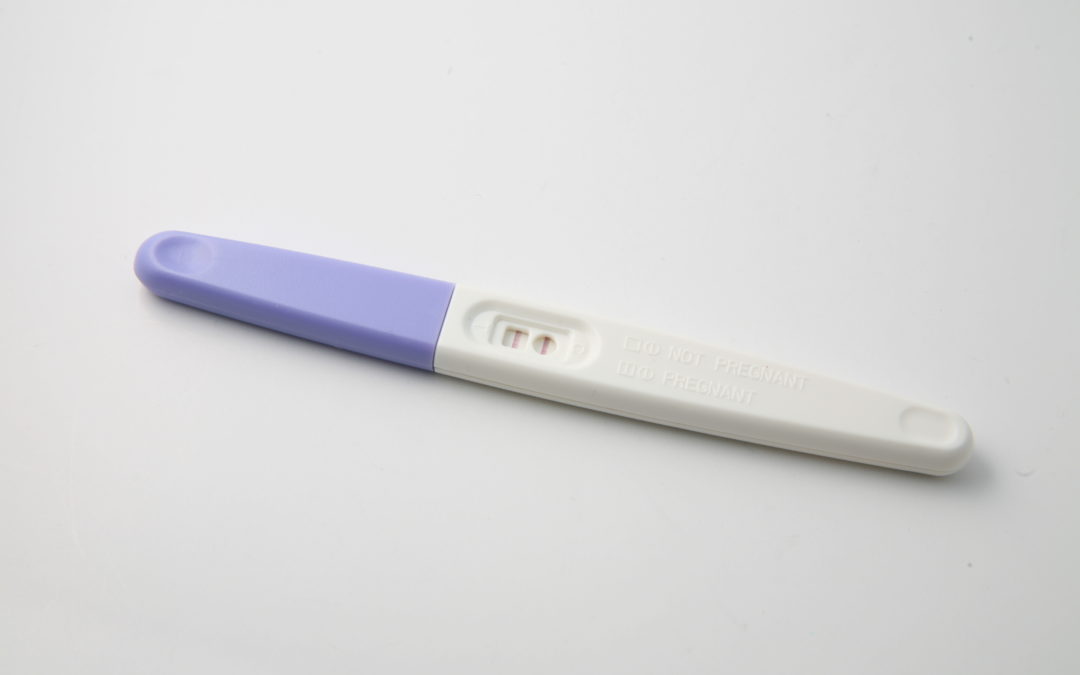
2 Weeks Pregnant – tips for a healthy pregnancy diet
Have you just found out you are pregnant? Congratulation! Now, I think I would be right in guessing that you are wanting to have the healthiest pregnancy possible? Well you have come to the right spot! In this blog I will walk you through, step-by-step, the changes that will occur to your body during your first month of pregnancy, what nutritional changes you will need to make and some exercise tips.
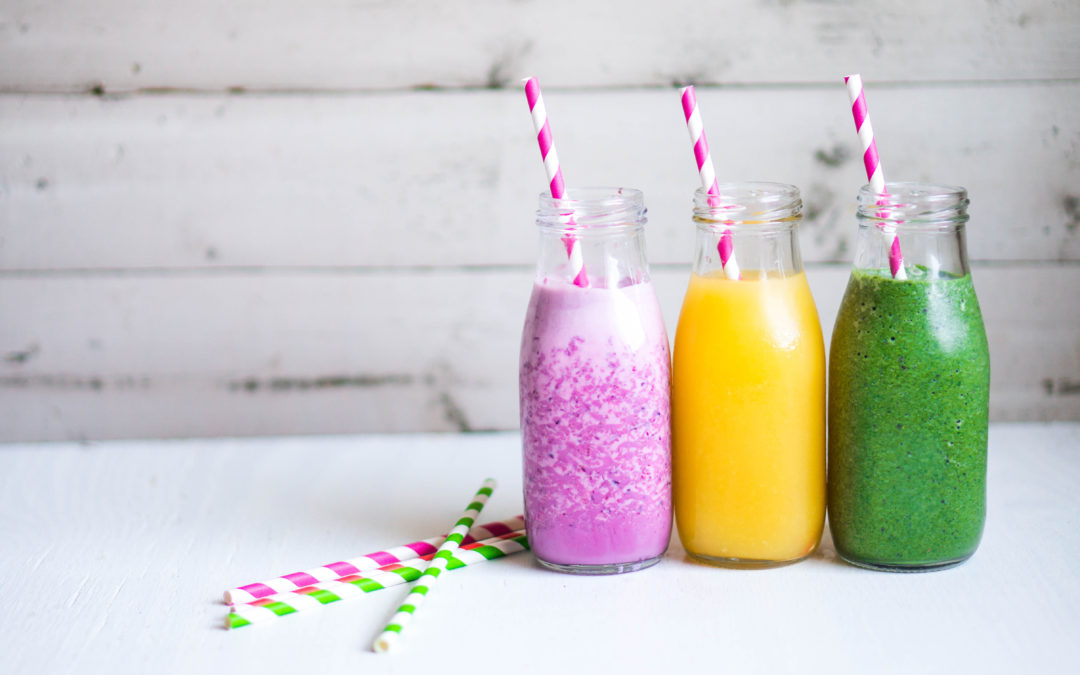
Does juicing impact folate levels?
One of the best sources of folate is fruit and vegetables, especially leafy greens, like spinach and kale.
The downside is that folate can be easily lost through processing, cooking and storage.
Research shows that many of us don’t meet our recommended fruit and vegie intakes. However, one study found that people were more likely to drink fruit and vegie juices, than eat whole fruit and veg. So, the question is: ’Are green juices a good source of folate?”

The 4 best fish to eat during pregnancy
I really believe that omega 3 is one of the most important nutrients that we should be focusing on during pregnancy. Omega 3 is essential for the development of your baby’s eyes and brain, and a lack of omega 3 is believed to increase the risk of post-natal depression. Fish is the best source of omega-3, however many pregnancy women avoid eating fish due to listeria and mercury toxicity. Let me share with you my top 4 options of fish that you CAN eat during pregnancy.

What can I eat to slow down ageing?
There’s a lot of research that shows that what we eat impacts our skin, hair and nails, and generally, the way that we look. These are some of the most common questions that I’m asked about anti-ageing…
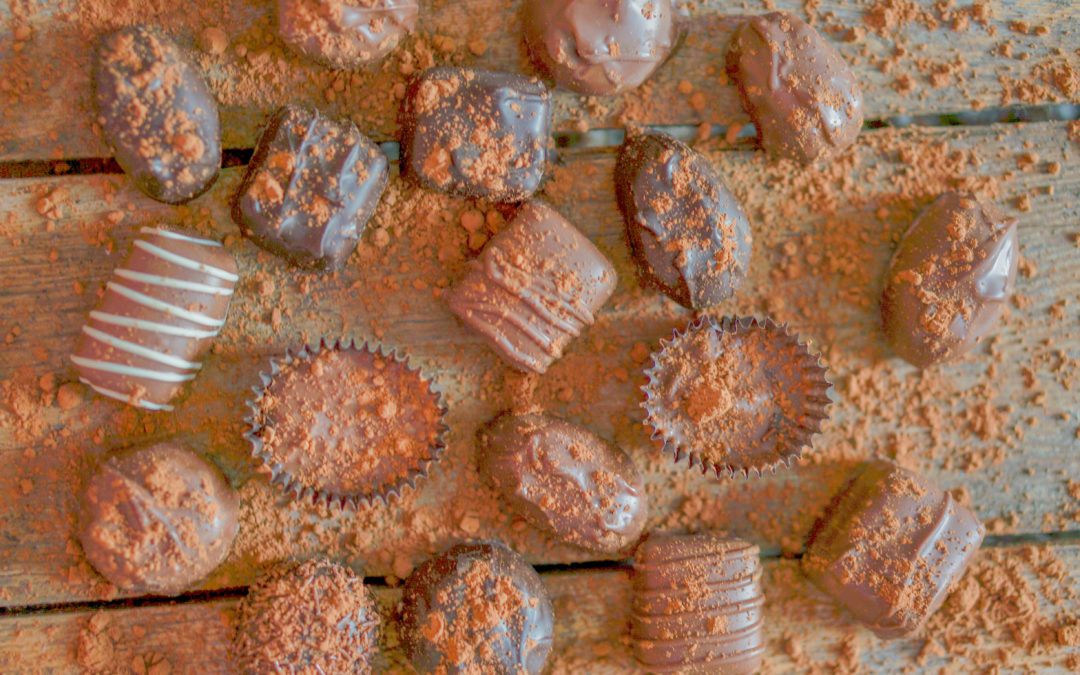
Why do women crave chocolate before their period?
We all know that feeling in the days before our period is due, when the cravings kick in…. “Give me chocolate! Please!”. Why is it that women not only suffer through the pain and discomfort of our ritual monthly bleeding, but also get smashed down with crazy,...
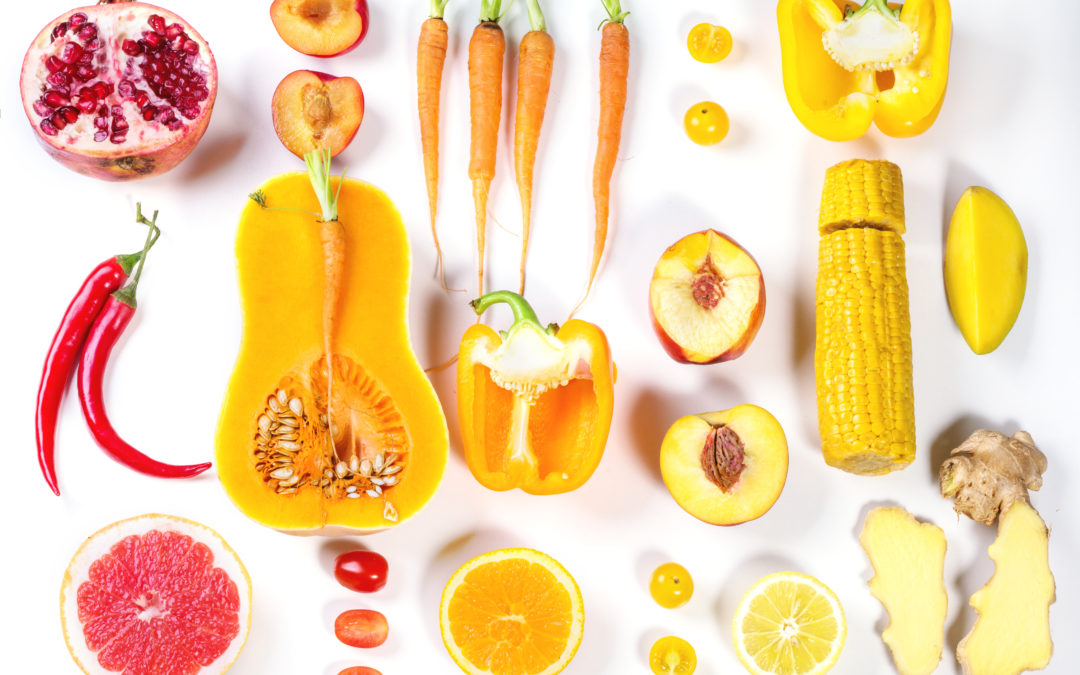
Can food choices fight eczema?
Overwhelmed by the range of theories about how different foods (and supplements) can treat or exacerbate eczema? I took the time to review the evidence of some of the more popular ones….
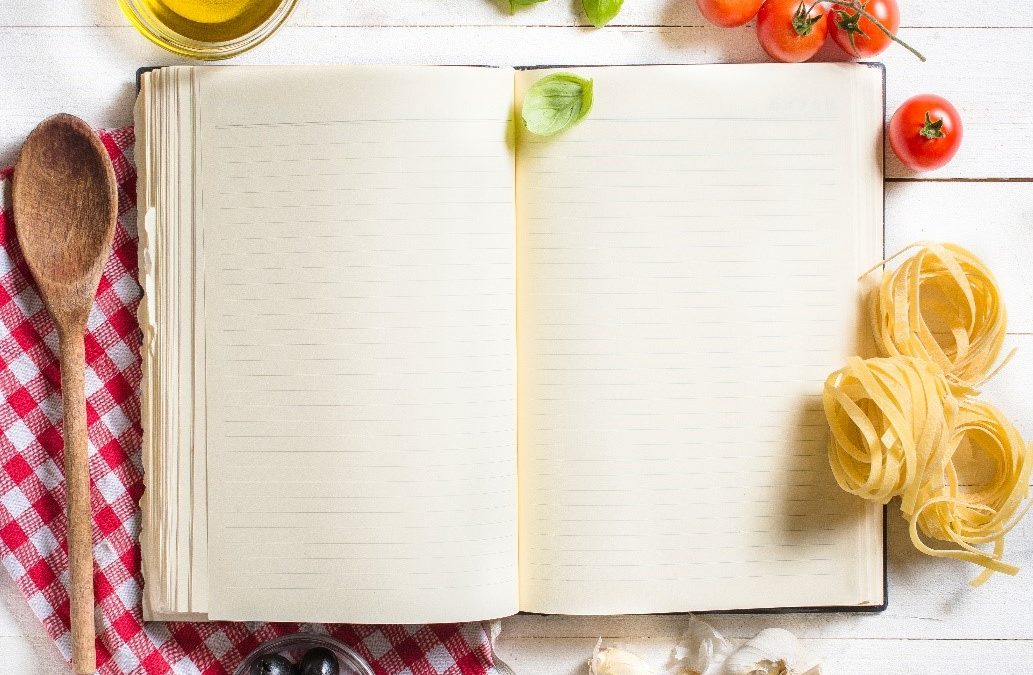
Why using a weekly meal planner will save you time and money!
What are you having for dinner tonight? Don’t know? The polls suggest that when we don’t have our meals planned, we are much more likely to turn to take away. Furthermore, research shows that those who DO plan their meals in advance are more likely to eat the right portion sizes, more likely to have a more varied and nutritious diet, and more likely to be a healthy weight. So, with so many benefits, why don’t we all pre-plan our meals?

The health benefits of different types of milk
Do you get overwhelmed by the milk selection at your supermarket? Not sure if you should be choosing low-fat vs no fat vs full cream vs almond milk? I had a great chat to John and Gary from Talking Lifestyle about the health benefits of different types of milk (even...
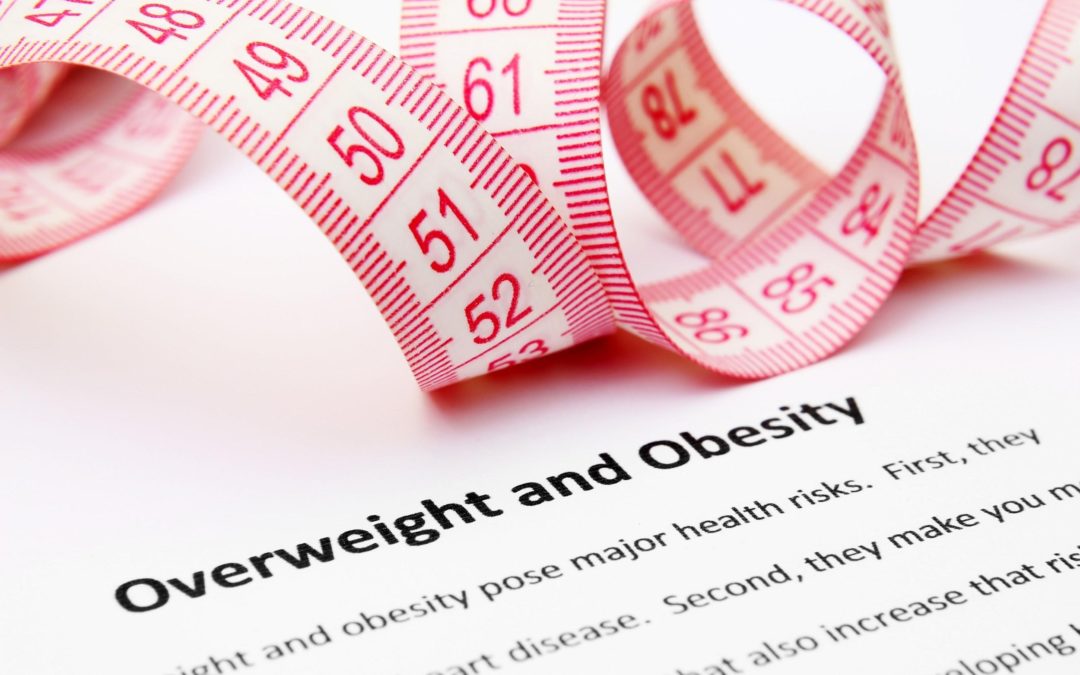
Obesity: genetic or environmental?
It’s a question that may divide many - ‘Is obesity a result of genetic or environmental factors?’ Here are my thoughts I shared with SBS Food on the topic. There's more to your weight than what you eat and how much you exercise. “They just need to exercise more and...

Do you need to be ‘eating for two’ during pregnancy?
Most Australian women have an incorrect idea about the quantity of food they should be consuming when they’re expecting. I find that most women are very aware of what foods they should be avoiding for listeria but they have no idea what kind of dietary changes they need to make in terms of quality and quantity.
As seen in







Get nutritious recipes
straight into your inbox!
Send your details now to receive Melanie’s recipes designed around a range of dietary needs including improved fertility, weight loss, general heath and wellbeing through improved nutrition. Receive the recipes specific to your needs.

0 Comments